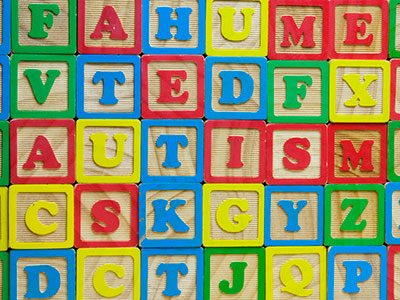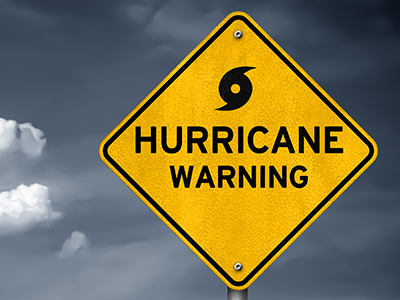Many families often ask us if it’s harmful to raise a child with autism spectrum disorder in a bilingual home, teaching them both Spanish and English. Families have been told, “Speak only one language to your child on the spectrum” – and usually that means teaching them English only.
We know that speaking two languages can be an incredible advantage for children without developmental disabilities, including:
- Bilingual children and adults have been shown to have better executive functioning skills, such as flexible thinking and holding information in mind (working memory).
- Bilinguals tend to have a deeper understanding of how language works and often have better social skills for resolving conflicts and understanding others’ perspectives.
- And of course, bilinguals have the ability to speak more than one language and to better understand more than one culture.
Because children with autism often have difficulty with language, the assumption for many years was that learning two or more languages would be harmful and further delay their language skills. In recent years, however, research from the United States, Canada and around the world has shown benefits:
- Children with autism spectrum disorder do not experience greater language delays when exposed to a second language.
- Children with autism spectrum disorder may show better play skills and social interaction skills when they interact with their parents in their home language, rather than in English.
- Here at CASD, Dr. Allison Ratto has found that autistic children learning two languages may have fewer repetitive behaviors and fewer difficulties with getting “stuck” than autistic children learning English only.
- Other labs around the world have also found signs that bilingual autistic children may have better executive functioning than autistic children learning one language only.
The decision of whether or not to raise a child bilingually is a complicated one, particularly when raising a child on the spectrum. The research at our center and around the world is increasingly showing, however, that there are no signs that bilingualism is harmful to children with autism spectrum disorder. And as they grow up, bilingualism can help autistic children to better navigate their world and understand themselves and their cultural heritage.
 https://riseandshine.childrensnational.org/wp-content/uploads/2025/03/mom-and-son-high-five-Feature.jpg
300
400
Danielle Robbins
https://riseandshine.childrensnational.org/wp-content/uploads/2017/11/childrens_riseandshine_logo.jpg
Danielle Robbins2025-03-31 11:24:532025-03-31 11:24:53How to navigate an autism diagnosis: A guide for caregivers
https://riseandshine.childrensnational.org/wp-content/uploads/2025/03/mom-and-son-high-five-Feature.jpg
300
400
Danielle Robbins
https://riseandshine.childrensnational.org/wp-content/uploads/2017/11/childrens_riseandshine_logo.jpg
Danielle Robbins2025-03-31 11:24:532025-03-31 11:24:53How to navigate an autism diagnosis: A guide for caregivers





















Leave a Comment
Want to join the discussion?Feel free to contribute!